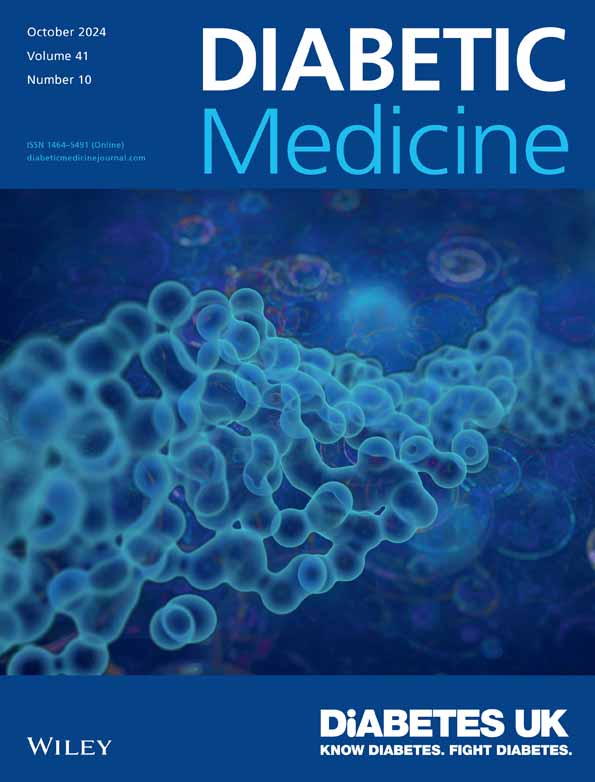Cafeteria diet compromises natural adaptations of islet cell transdifferentiation and turnover in pregnancy
Abstract
Background
Pancreatic islet β-cell mass expands during pregnancy, but underlying mechanisms are not fully understood. This study examines the impact of pregnancy and cafeteria diet on islet morphology, associated cellular proliferation/apoptosis rates as well as β-cell lineage.
Methods
Non-pregnant and pregnant Ins1Cre/+;Rosa26-eYFP transgenic mice were maintained on either normal or high-fat cafeteria diet, with pancreatic tissue obtained at 18 days gestation. Immunohistochemical changes in islet morphology, β-/α-cell proliferation and apoptosis, as well as islet cell identity, neogenesis and ductal cell transdifferentiation were assessed.
Results
Pregnant normal diet mice displayed an increase in body weight and glycaemia. Cafeteria feeding attenuated this weight gain while causing overt hyperglycaemia. Pregnant mice maintained on a normal diet exhibited typical expansion in islet and β-cell area, owing to increased β-cell proliferation and survival as well as ductal to β-cell transdifferentiation and β-cell neogenesis, alongside decreased β-cell dedifferentiation. Such pregnancy-induced islet adaptations were severely restricted by cafeteria diet. Accordingly, islets from these mice displayed high levels of β-cell apoptosis and dedifferentiation, together with diminished β-cell proliferation and lack of pregnancy-induced β-cell neogenesis and transdifferentiation, entirely opposing islet cell modifications observed in pregnant mice maintained on a normal diet.
Conclusion
Augmentation of β-cell mass during gestation arises through various mechanisms that include proliferation and survival of existing β-cells, transdifferentiation of ductal cells as well as β-cell neogenesis. Remarkably, cafeteria feeding almost entirely annuls pregnancy-induced islet adaptations, which may contribute to the development of gestational diabetes in the setting of dietary provoked metabolic stress.


 求助内容:
求助内容: 应助结果提醒方式:
应助结果提醒方式:


